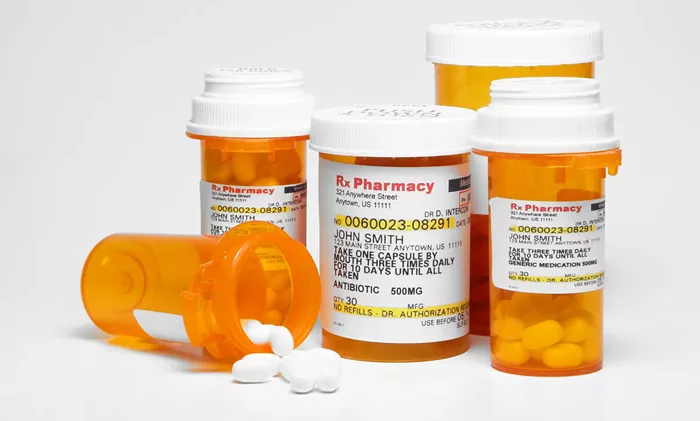As U.S. health leaders search for ways to cut rising prescription drug costs, one controversial idea has emerged: reduce the number of medications Americans take by promoting better health. While the message emphasizes prevention, experts caution that this strategy alone cannot fix the country’s complex pharmaceutical pricing crisis.
FDA Commissioner Dr. Marty Makary and Medicare head Dr. Mehmet Oz have both argued that staying healthy through lifestyle choices—like better nutrition and more exercise—could reduce drug use and, in turn, drug spending. Health Secretary Robert F. Kennedy Jr. plans to reinforce this message through a campaign encouraging Americans to “Take Back Your Health.”
This preventive approach addresses the fact that nearly 75% of U.S. adults had at least one chronic disease in 2023. These illnesses, including obesity, diabetes, and heart disease, are major drivers of drug costs. Healthier individuals typically need fewer medications and make fewer doctor visits, reducing long-term expenses.
However, public health experts warn that this focus risks oversimplifying the issue. Many medications are not prescribed due to lifestyle-related illnesses. Conditions like asthma, cancer, or Type 1 diabetes require ongoing drug therapies regardless of one’s diet or activity level. “People need prescription medications,” says Dr. Adam Gaffney of Harvard Medical School. “They help us live longer and healthier lives.”
Even if Americans adopted healthier habits overnight, the U.S. would still face the world’s highest drug prices. Experts like Vanderbilt’s Stacie Dusetzina argue that without changes to how drugmakers set prices, patients will continue to shoulder heavy financial burdens.
While lifestyle changes are commendable, critics say placing responsibility solely on patients ignores the need for systemic reform. The Inflation Reduction Act made key steps, such as capping insulin costs for Medicare recipients and allowing Medicare to negotiate prices on certain drugs. But experts fear that current rhetoric could undermine efforts to hold pharmaceutical companies accountable.
Ultimately, a healthier America may ease drug dependency, but it won’t solve the prescription pricing crisis without broader reforms targeting the industry itself.
Related topics:
- Study Finds Brown Rice Has More Arsenic Than White Rice
- Over 63,000 Pounds Of Grain Millers Oats Recalled Due To Plastic Contamination
- FDA Faces Criticism for Delaying COVID-19 Vaccine Approvals


